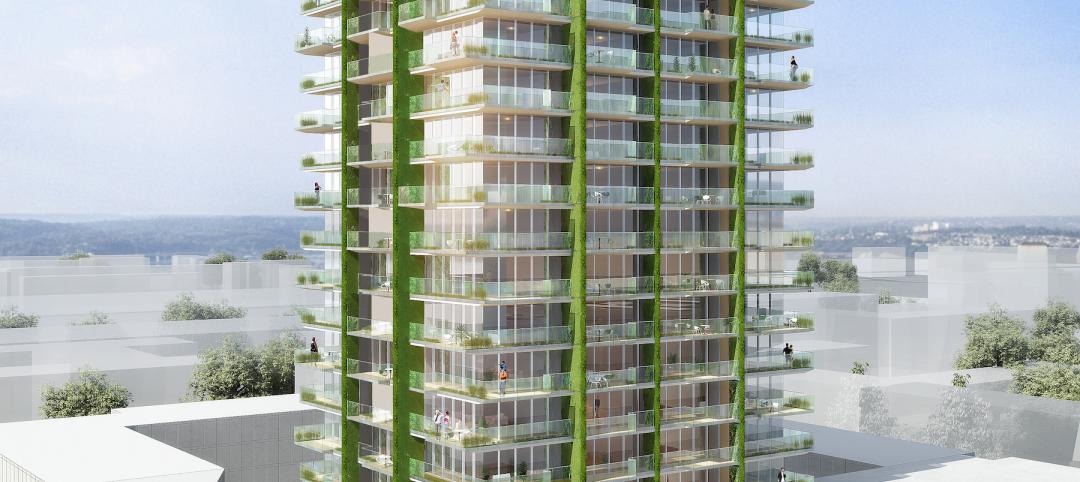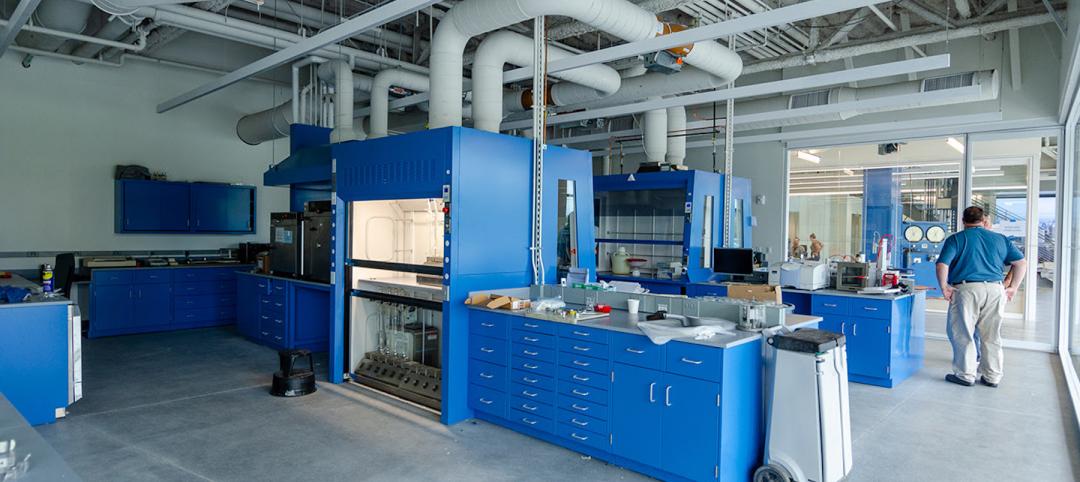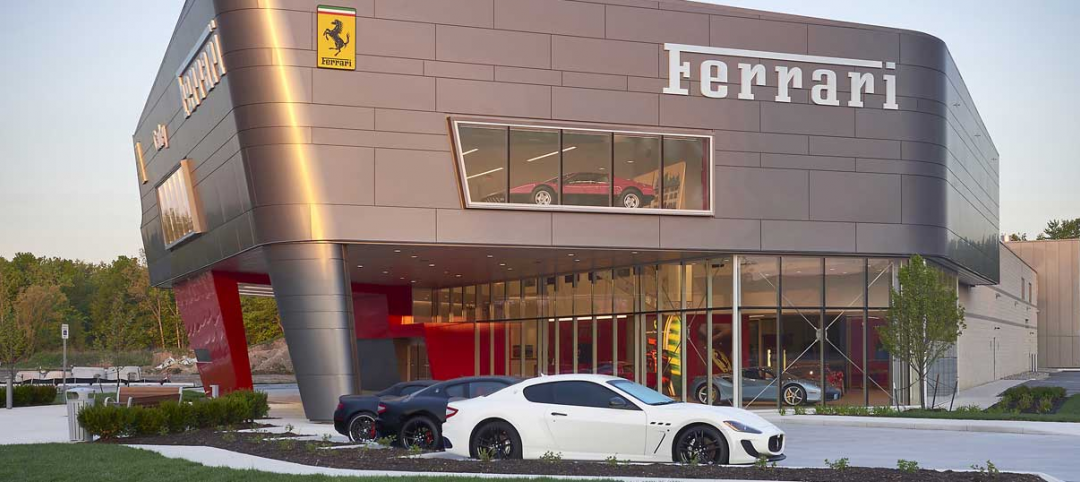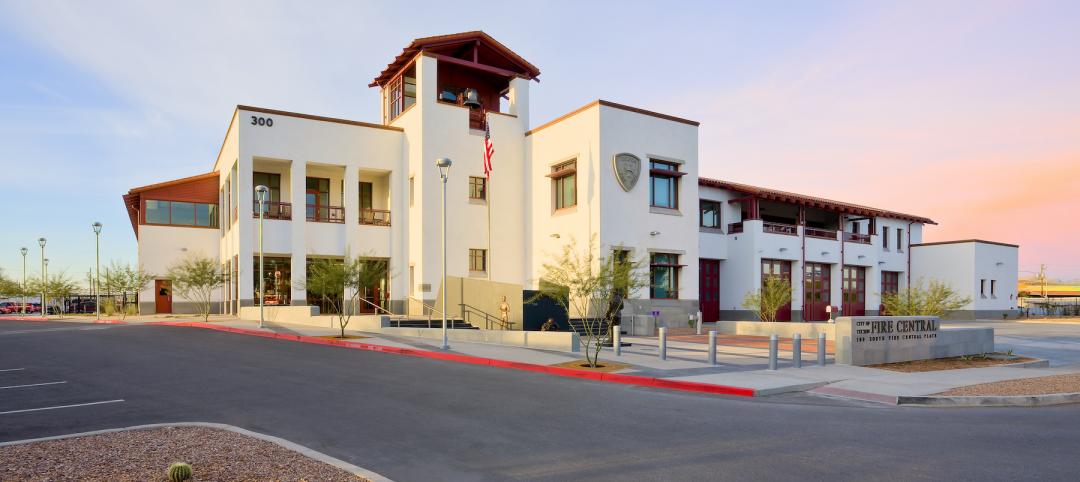In its latest Supply and Demand Outlook for the Los Angeles Apartment Market, the real estate brokerage and research firm Marcus & Millichap stated that L.A. “is in the midst of the largest housing boom in decades, as developers rush to complete projects in the county.”
Last year, 10,200 rental apartments came online in Los Angeles, and another 8,500 could be added in 2015.
That construction activity should be good news for Los Angeles’ overall economy, if history repeats itself. Research commissioned by the National Multifamily Housing Council and the National Apartment Association finds that apartment construction, operations, and resident spending contributed $63.1 billion and supported more than 534,900 jobs in the Greater Los Angeles area in 2013.
Those findings were released earlier this week by the Apartment Association of Greater Los Angeles, which represents 20,000 building owners and managers in Southern California.
In 2013, Los Angeles had 3,039,590 million people—23% of its population—living in 1,272,968 occupied rental homes and apartments. Thirty eight percent of those apartments are one-person households.
In 2013, Los Angeles had 3,039,590 million people—23% of its population—living in 1,272,968 occupied rental homes and apartments. Thirty eight percent of those apartments are one-person households. Apartment residents wielded $23.4 billion in spending power.
The study reports that two-thirds of the building permits issued in Los Angeles County were for multifamily. And it breaks down the economic contribution of apartment construction ($5 billion, or more than any other metro area in the country), operations ($11 billion), and rents ($47.1 billion).
Marcus & Millichap, though, raises some red flags about whether this economic bounty will continue. It notes that anticipated upward pressure on interest rates could temper investors’ enthusiasm for the apartment sector, further dissipating the buyer pool.
The research firm also notes that recent weakness in absorptions and rent growth—the latter of which increased by 4.4% in 2014 and is expected to rise by 5.2% this year to an average of $1,842 per month—might also make investors think twice about projects still on the drawing board.
Related Stories
Building Team | Apr 20, 2022
White House works with state, local governments to bolster building performance standards
The former head of the U.S. Green Building Council says the Biden Administration’s formation of the National Building Performance Standards Coalition is a “tremendous” step in the right direction to raise building performance standards in the U.S.
Market Data | Apr 20, 2022
Pace of demand for design services rapidly accelerates
Demand for design services in March expanded sharply from February according to a new report today from The American Institute of Architects (AIA).
Multifamily Housing | Apr 20, 2022
A Frankfurt tower gives residents greenery-framed views
In Frankfurt, Germany, the 27-floor EDEN tower boasts an exterior “living wall system”: 186,000 plants that cover about 20 percent of the building’s facade.
AEC Tech | Apr 19, 2022
VDC maturity and the key to driving better, more predictable outcomes
While more stakeholders across the AEC value chain embrace the concept of virtual design and construction, what is driving the vastly different results that organizations achieve? The answer lies within an assessment of VDC maturity.
Healthcare Facilities | Apr 19, 2022
6 trends to watch in healthcare design
As the healthcare landscape continues to evolve, IMEG’s healthcare leaders from across the country are seeing several emerging trends that are poised to have wide-ranging impacts on facility design and construction. Following are six of the trends and strategies they expect to become more commonplace in 2022 and the years to come.
Concrete Technology | Apr 19, 2022
SGH’s Applied Science & Research Center achieves ISO 17025 accreditation for concrete testing procedures
Simpson Gumpertz & Heger’s (SGH) Applied Science & Research Center recently received ISO/IEC17025 accreditation from the American Association for Laboratory Accreditation (A2LA) for several concrete testing methods.
Sponsored | BD+C University Course | Apr 19, 2022
Multi-story building systems and selection criteria
This course outlines the attributes, functions, benefits, limits, and acoustic qualities of composite deck slabs. It reviews the three primary types of composite systems that represent the full range of long-span composite floor systems and examines the criteria for their selection, design, and engineering.
Building Team | Apr 18, 2022
Shive-Hattery Acquires WSM Architects
Shive-Hattery announces that it has acquired WSM Architects, Inc., a 13-person architecture firm in Tucson, Arizona.
Building Team | Apr 15, 2022
Frank Gehry to design his largest building yet for his hometown of Toronto
Famed architect Frank Gehry will design his largest building to date for his hometown of Toronto, Canada.
Healthcare Facilities | Apr 14, 2022
Healthcare construction veteran creates next-level IPD process for hospital projects
Can integrated project delivery work without incentives for building team members? Denton Wilson thinks so.















